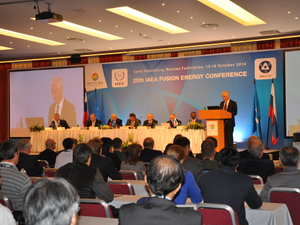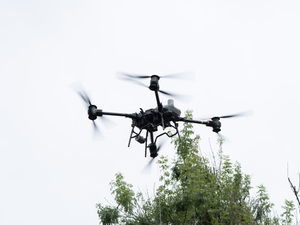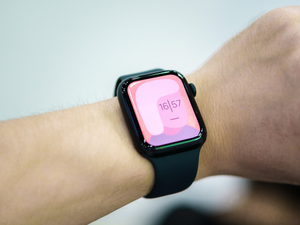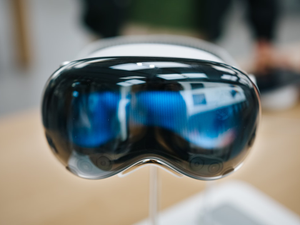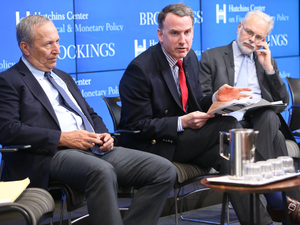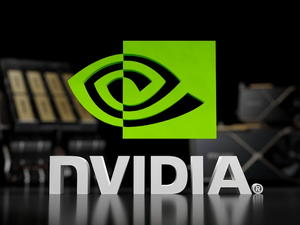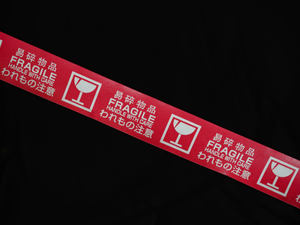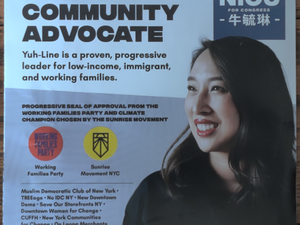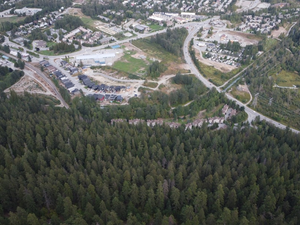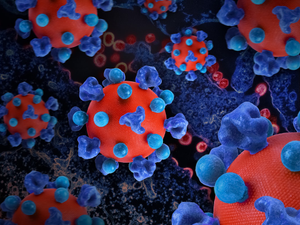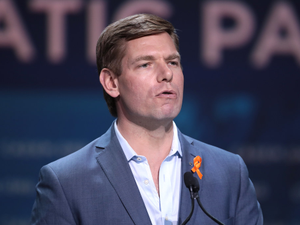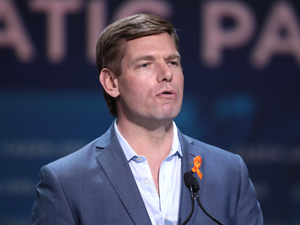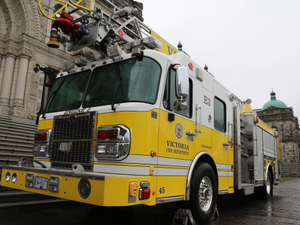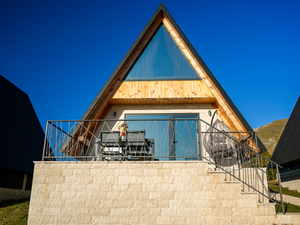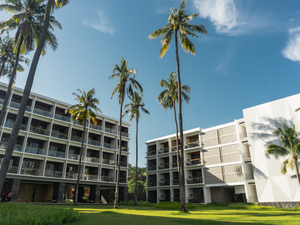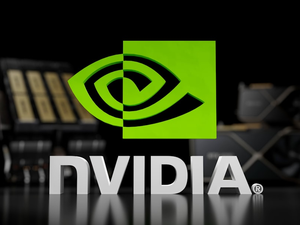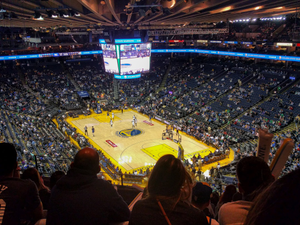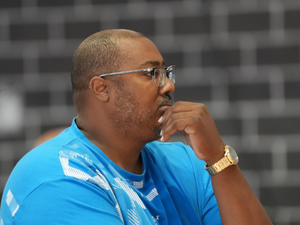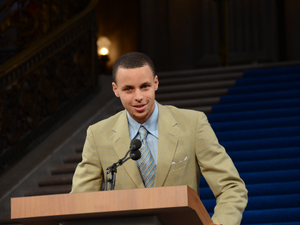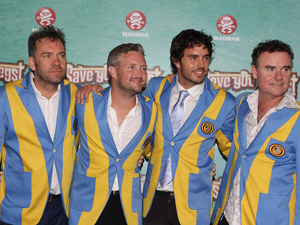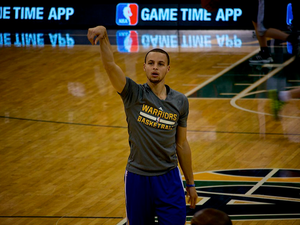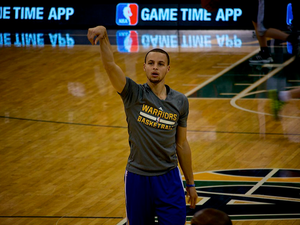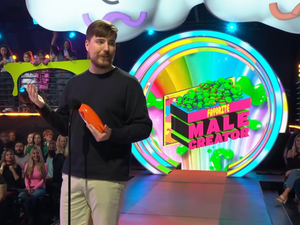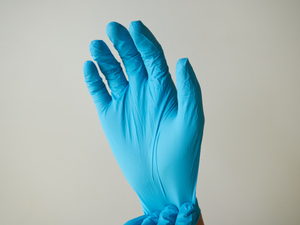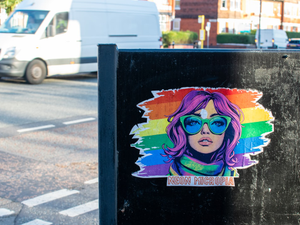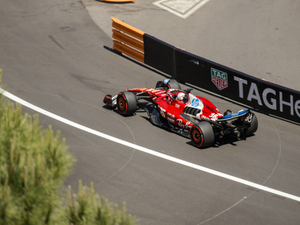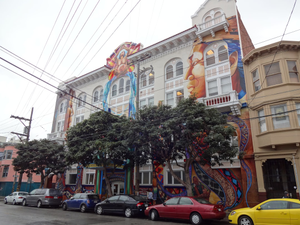SF Startup Is Engineering a Safer Version of MDMA - And Tech Titans Are Backing It
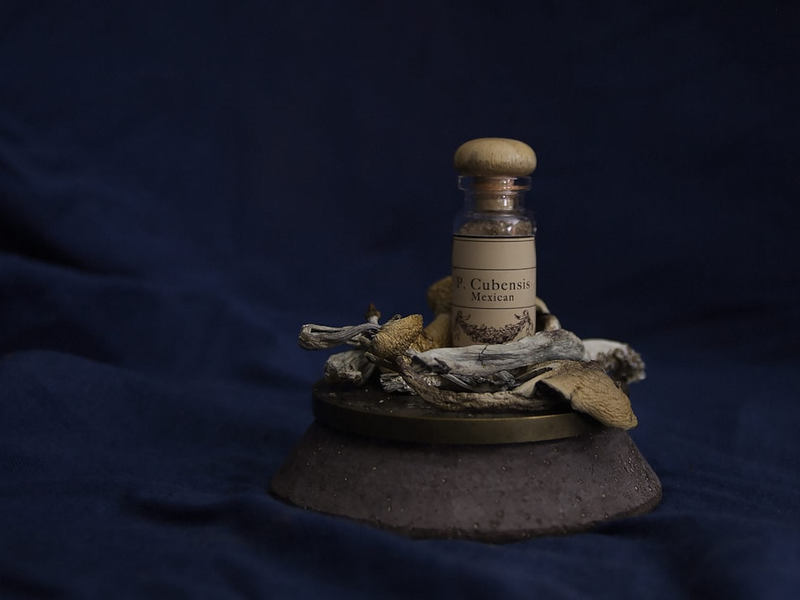
Photo by Pretty Drugthings on Unsplash
San Francisco is once again at the forefront of groundbreaking medical innovation, this time with a biotech company reimagining the world of psychedelic therapeutics. Arcadia Medicine, a local startup, has just received FDA approval to conduct clinical trials on a potentially revolutionary version of MDMA that could transform psychiatric treatment.
The company’s ambitious project centers around creating a modified version of MDMA - colloquially known as “molly” or “ecstasy” - that minimizes neurotoxic effects while preserving the drug’s potential therapeutic benefits. Their experimental compound, currently labeled AM-1002, represents a sophisticated approach to drug development that could change how we understand psychedelic medicine.
Founder and CEO Nikita Obidin, a former chemical engineering student, has dedicated years to researching MDMA’s molecular structure. His goal is ambitious: reengineer the drug to reduce toxicity while maintaining its capacity to facilitate social connection and emotional breakthroughs.
The startup has attracted serious attention from tech luminaries, with OpenAI CEO Sam Altman serving as the first investor. Other notable backers include Coinbase co-founder Fred Ehrsam and Figma’s Dylan Field, who have collectively invested $10 million in the venture. Altman himself described the project as “an important step towards a potentially transformative psychiatric treatment”.
While receiving FDA approval for Phase 1 clinical trials is a significant milestone, the path to a federally approved medication remains long. The trials will likely span at least a year, with subsequent phases potentially taking two to four additional years of rigorous testing and evaluation.
This innovative approach reflects San Francisco’s ongoing commitment to pushing scientific boundaries, combining cutting-edge technology, bold entrepreneurship, and a progressive approach to understanding human consciousness and mental health treatment.
As Arcadia Medicine continues its groundbreaking research, the tech and medical communities are watching closely, anticipating a potential breakthrough that could revolutionize psychiatric care.
AUTHOR: kg
SOURCE: SFist



